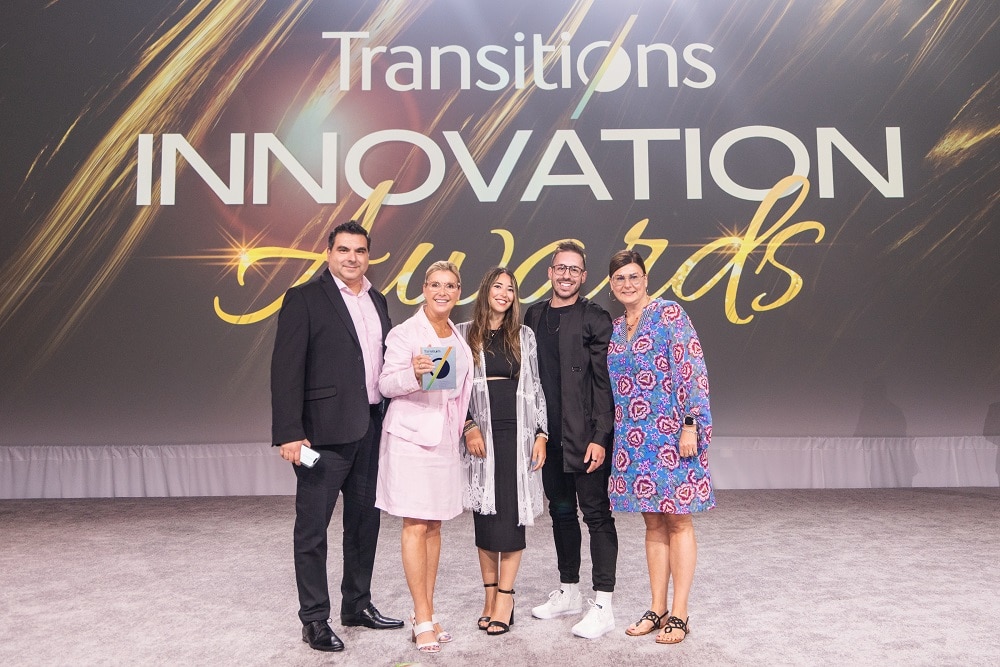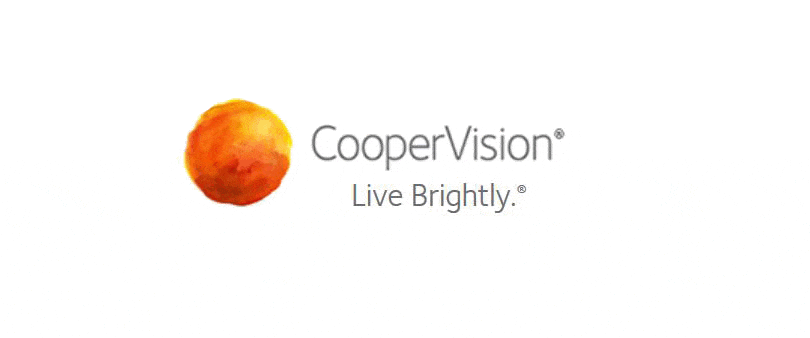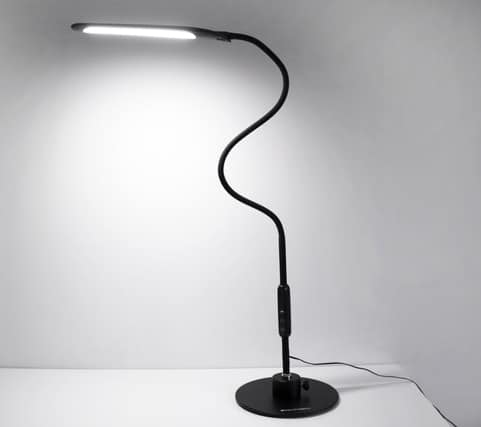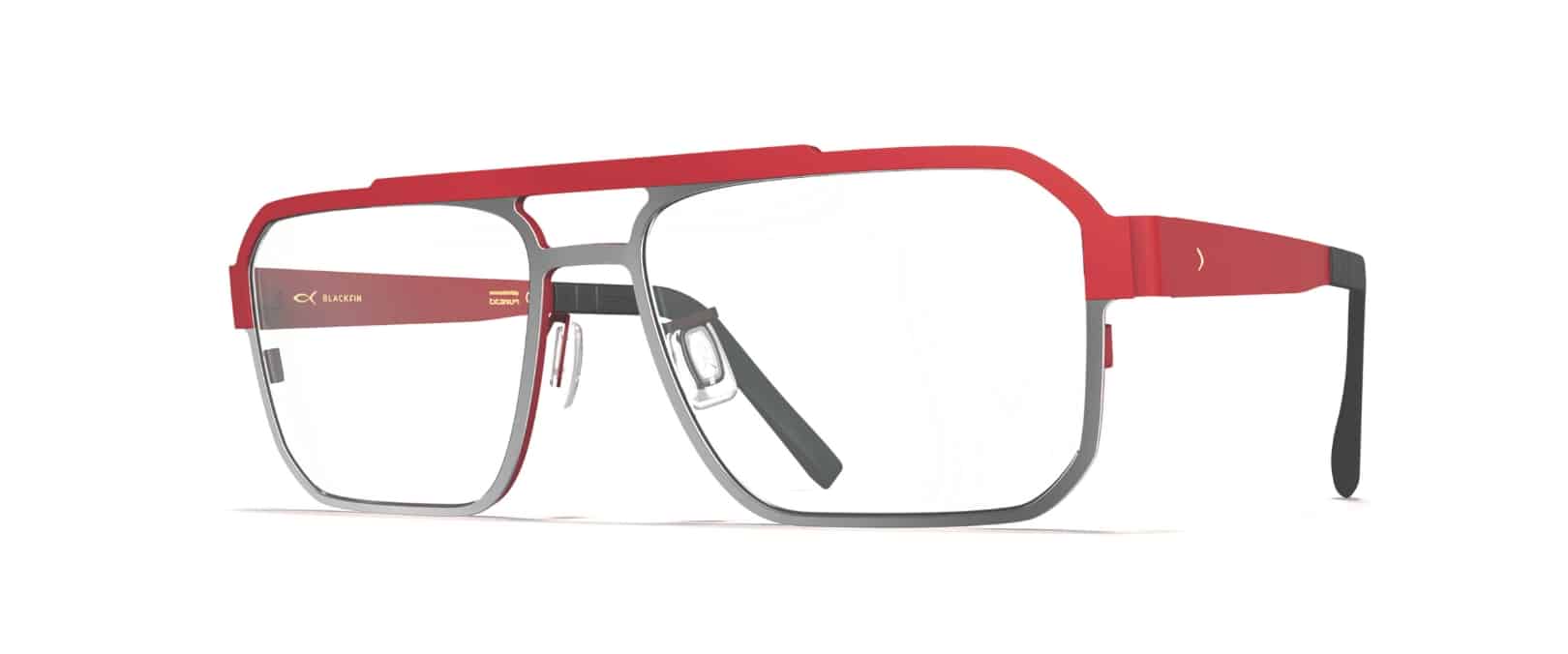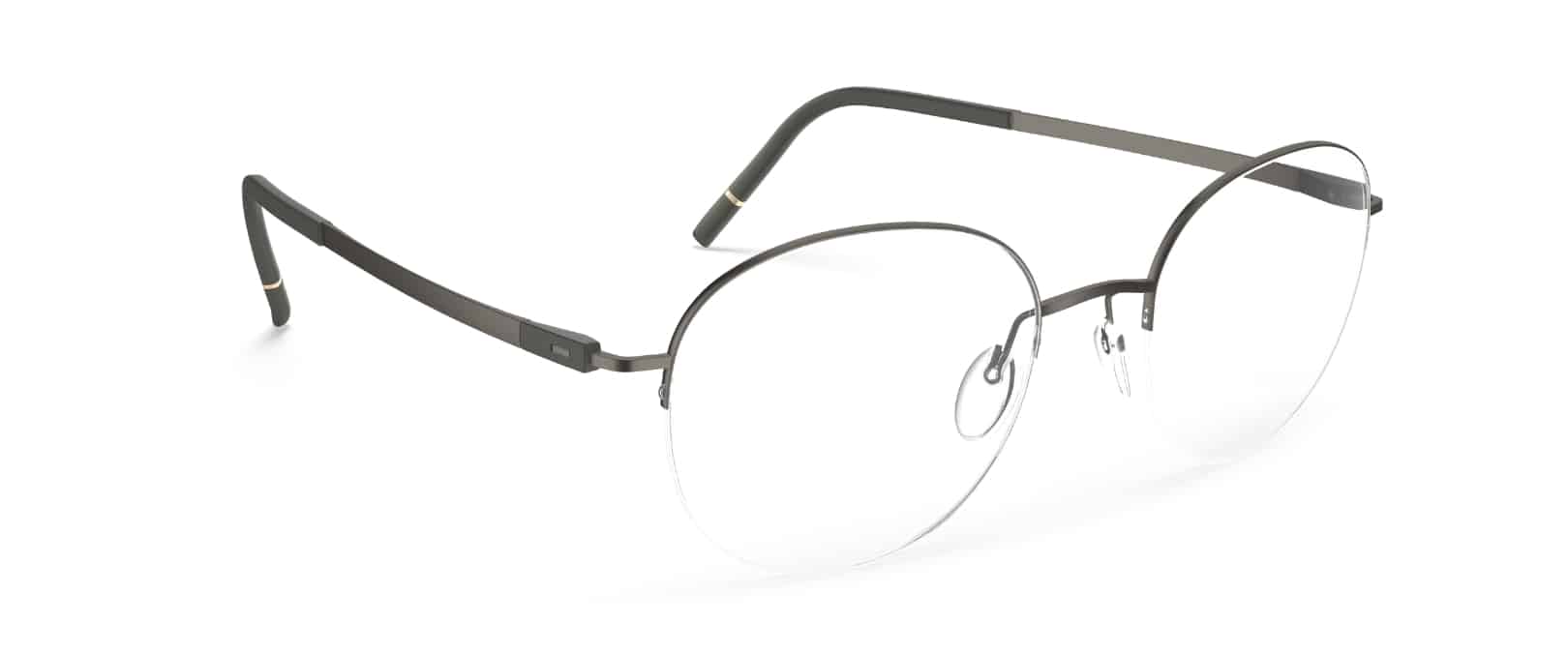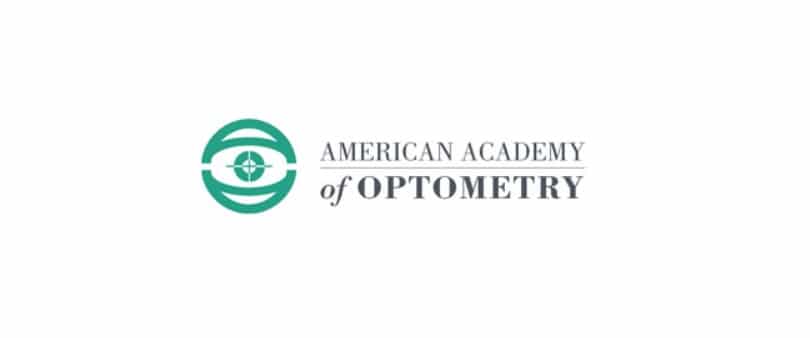Fighting Blindness Canada’s (FBC) Clinician Scientist Emerging Leader Awards (CSELA) were launched in 2017 to build the pipeline of ophthalmologists and optometrists who also do research. Clinician-scientists help translate laboratory research into the clinic and help bring clinical trials to Canadian patients. Six years on, CSELA winners have undertaken prestigious training fellowships and launched their own independent research careers.
In 2022, FBC announces three new CSELA winners, Dr. Marko Popovic, Dr. Mélanie Hébert and Dr. Kirill Zaslavsky.
Dr. Popovic: Comparing Two Common Treatments for Retinal Detachment
Marko Popovic is a resident in the Department of Ophthalmology and Vision Sciences at the University of Toronto. He is currently completing a Master of Public Health in epidemiology at Harvard University. Dr. Popovic’s project focuses on retinal detachment. Retinal detachment occurs when the retina, the light-sensing part of the eye, pulls away from the back of the eye. It is relatively common, with one in every 300 people experiencing it in their life. It can be caused by eye injury or surgery. Retina detachment is also more common as you age, and your risk might be higher if you have a family history of retinal detachment, diabetic retinopathy or certain other eye conditions including extreme myopia (nearsightedness).
Dr. Popovic will be undertaking an epidemiological study to analyze the safety, effectiveness, and cost implications of two common treatments for retinal detachment.
Dr. Hébert: A Clinical Trial to Test Two Surgical Strategies for Retinal Detachement
Dr. Mélanie Hébert is an ophthalmology resident at Université Laval. Dr. Hébert completed an MSc degree in biomedical sciences alongside her medical degree. Dr. Hébert is also tackling the topic of retinal detachment, undertaking a clinical trial to see if combining two common repair and reattachment methods produces better results than one treatment alone. FBC funding will help launch this six-year randomized study. Dr. Hébert’s and Dr. Popovic’s studies are using complementary methods and taken together, they have the potential to provide important information to guide clinical practice and improve outcomes for patients with retinal detachment.
Dr. Zaslavsky: Finding the Cause of Birdshot Uveitis
Dr. Kirill Zaslavsky is currently a third-year ophthalmology resident at the University of Toronto. Prior to residency, he completed a combined medical degree/PhD program at the University of Toronto. Dr. Zaslavsky is studying a rare autoimmune eye disease called birdshot uveitis. Birdshot uveitis is a sight-threatening immune-mediated eye disease that typically affects 40 to 60-year-old women. Birdshot uveitis is treated with immune-suppressive therapy. However, treatment response is hard to predict, and the disease is characterized by flare-ups. The causes of birdshot uveitis are not clear.
In this project, Dr. Zaslavsky is trying to understand which immune cells may be contributing to the autoimmune reaction that lead to birdshot uveitis. By analyzing and identifying the different types of immune cells from patients with birdshot uveitis he hopes to determine which cells are important in this disease and establish a framework for dissecting other autoimmune and inflammatory retinal conditions.
Click HERE for the full press release.





